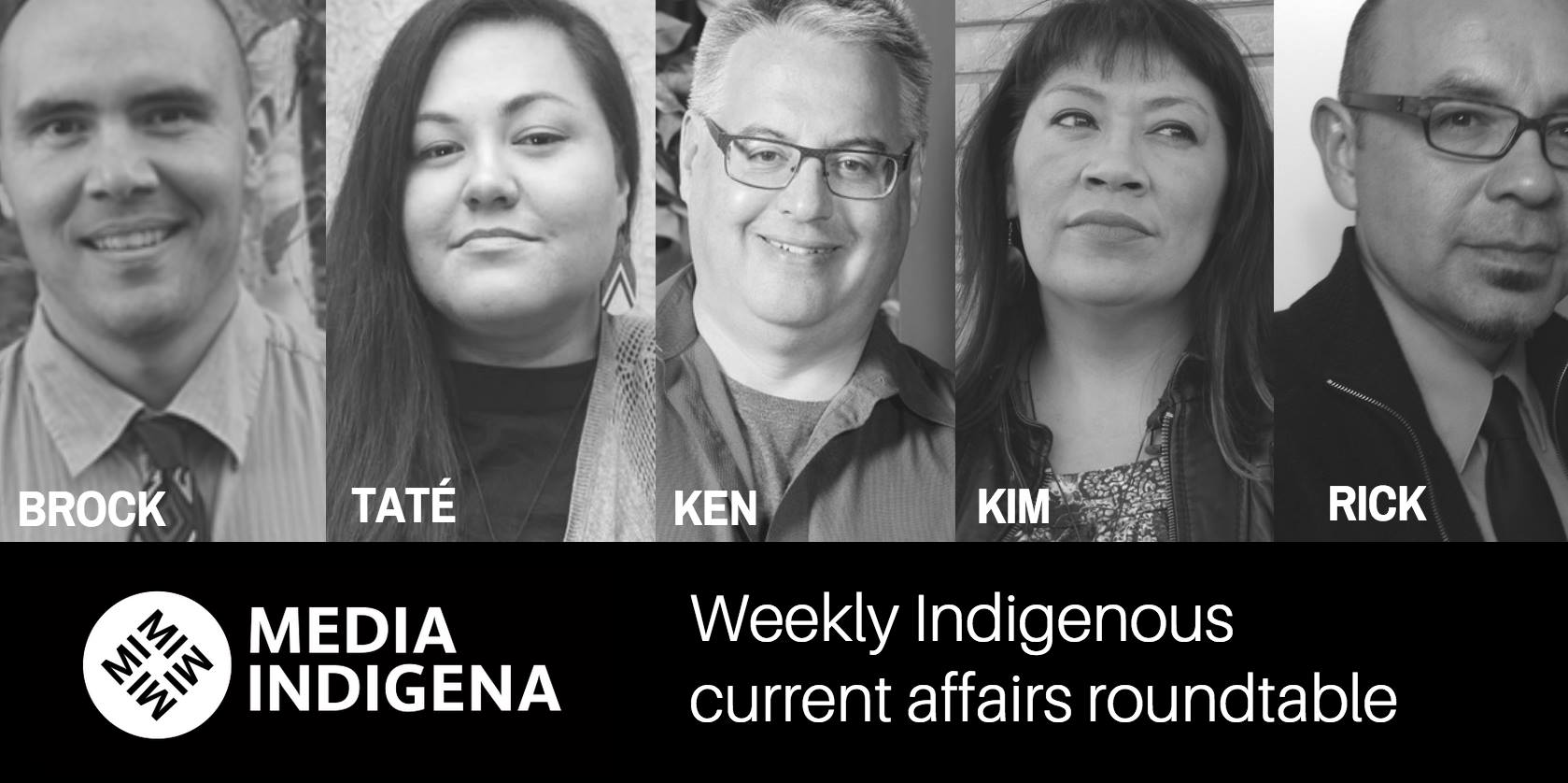Ep. 123: A taste of Indigenous food politics
Our third Summer Series episode collects and connects conversations about food: it’s a veritable buffet of some of our most filling discussions, from access to traditional foods to culture clashes over Settler vs. Indigenous diets. Featured voices this podcast include Iqaluit, Nunavut mayor Madeleine Redfern; Kim Tallbear, associate professor of Native Studies at the University of Alberta; Lakota activist and communications professional Taté Walker; and Candis Callison, associate professor at UBC's Graduate School of Journalism.

